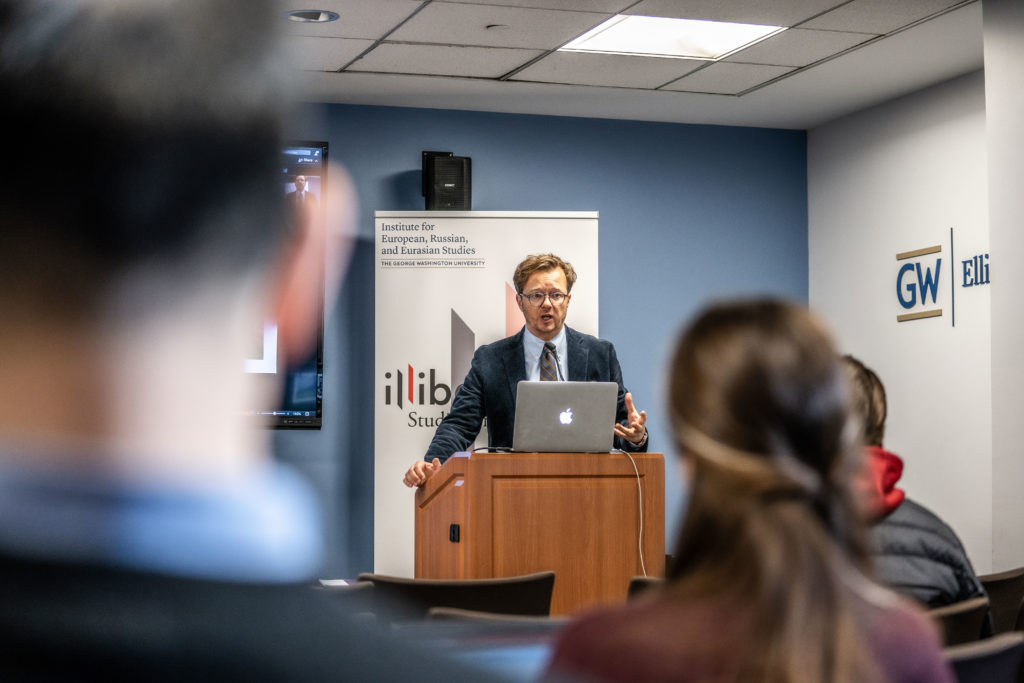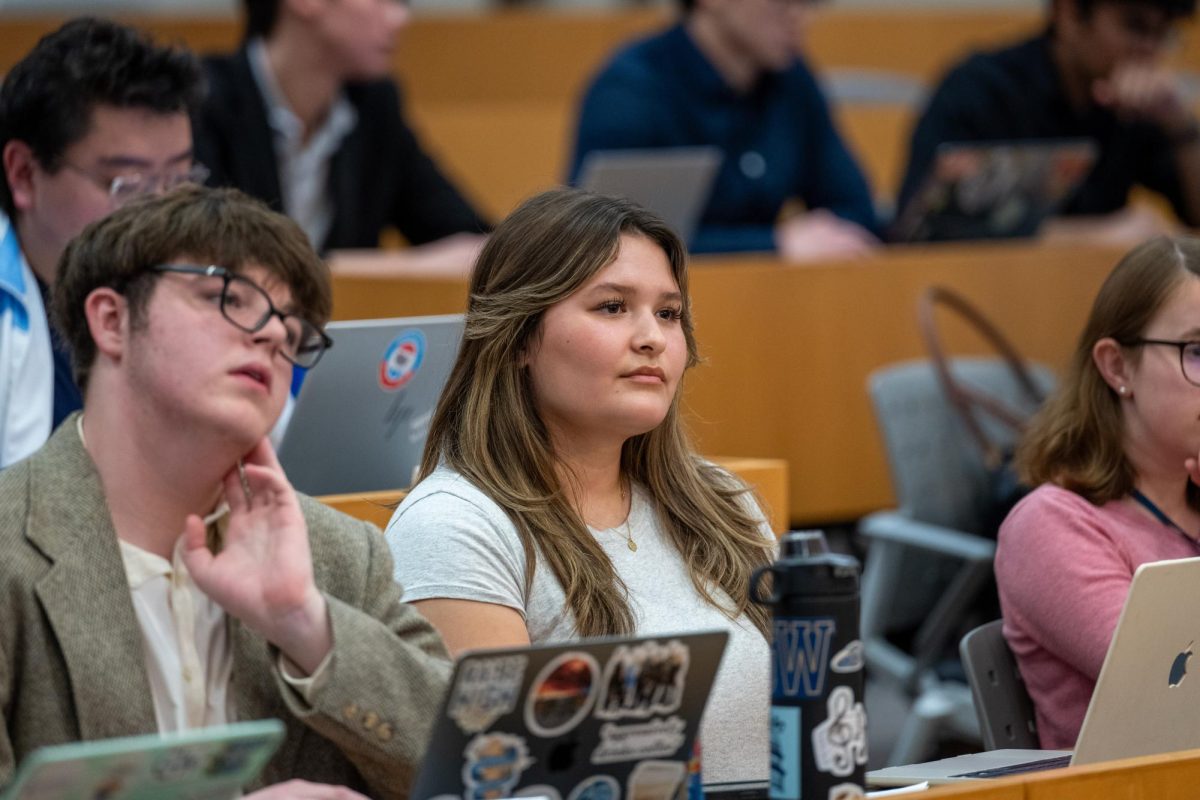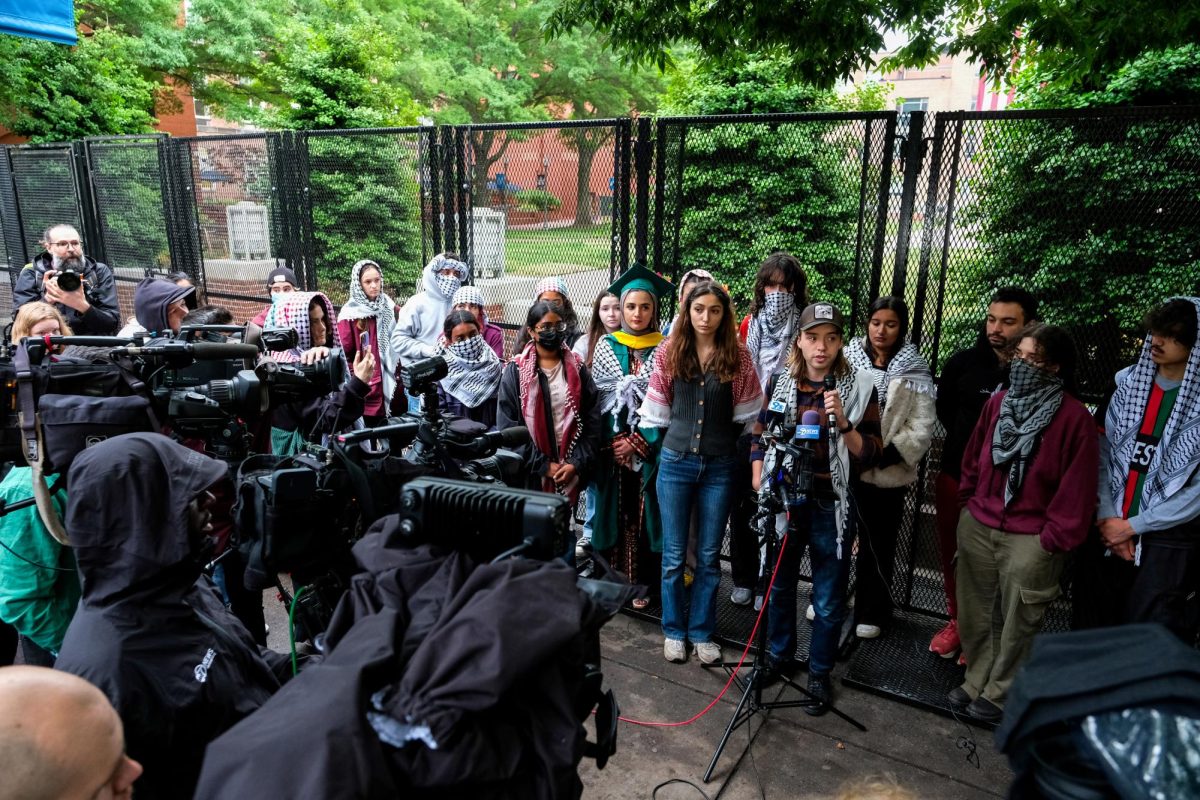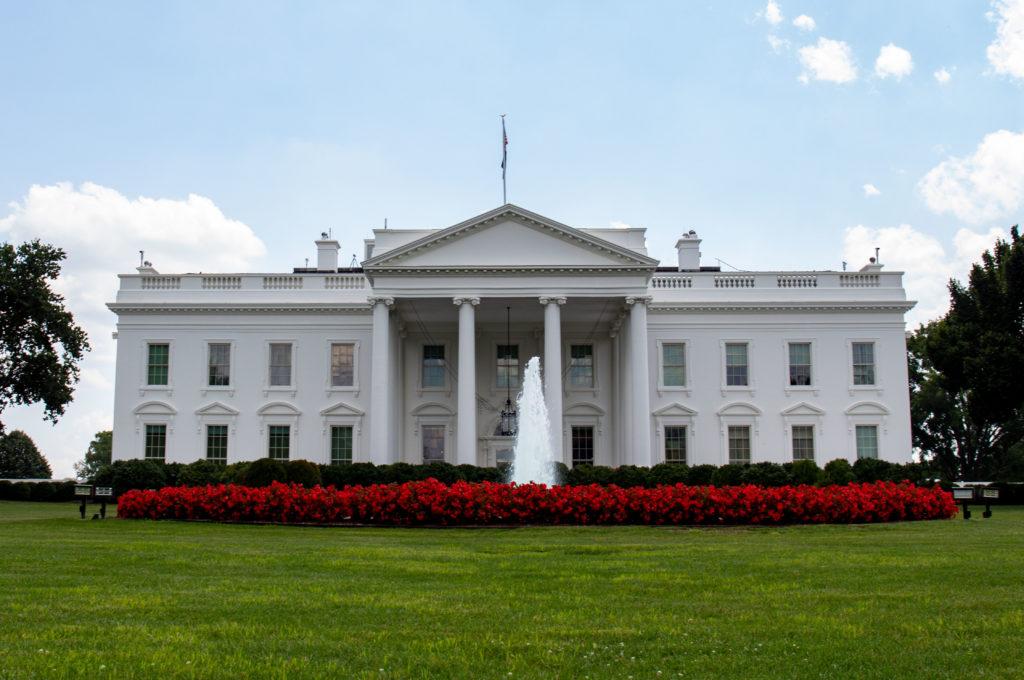A Polish attorney specializing in constitutional and European law spoke about the challenges facing the Polish democracy Wednesday.
Michał Wawrykiewicz, a legal and political analyst and social activist in Poland, said the Polish government has been slowly chipping away at democratic judiciary systems in the country, causing concern for legal practitioners and the civilian population at large. The Elliott School of International Affairs’ Illiberalism Studies Program organized the hybrid event at the Elliott School, which was moderated by Marlene Laruelle, the director of the program.
Wawrykiewicz said Poland made strides in democratizing the country in the decades following its years of communist rule, which ended in 1989. Wawrykiewicz said the political changes that occurred between 1989 and 2014, including the entrance of Poland into the European Union, represented Poland’s commitment to Western democratic political philosophies and systems, namely an independent judiciary.
“For the next 26 years, we have been building democracy, all the institutions, all the fuses of democracy – independent prosecutor’s office, an independent judiciary, independent supreme court, constitutional courts,” Wawrykiewicz said. “As I said, all the fuses that protect us, theoretically protect us from nationalists, from autocracy.”
Wawrykiewicz said Poland’s commitments to democracy began to wane in 2015 when Polish voters elected the conservative Law and Justice party to power in parliament. Led by key figures like party chairman Jarosław Kaczyński, Wawrykiewicz said the party is an example of autocrats coming to power using “democratic mechanisms.”
Wawrykiewicz said the party gained traction because of a combination of populist propaganda, which consisted of nationalist advertising campaigns in Polish media, growing anti-European sentiment in Poland and the lack of a quick response to the autocratic trends by the Polish political and civilian world.
“If you have the first symptoms of an attack on constitutional institutions, you have to react swiftly or firmly, quickly,” Wawrykiewicz said. “You cannot wait.”
Wawrykiewicz said the party made shifts in political institutions consisting of assaults on the constitutional bodies of Poland, reforms to the prosecutor’s office, increased propaganda in public television and radio and changes to the electoral system.
Wawrykiewicz said the party’s changes to the Polish judiciary system, which include the 2017 legislative actions that gave control of the judiciary to part of the Polish parliament by granting them the authority to dismiss and appoint judges at will and to punish sitting judges, are all part of an effort to protect its position in the government.
He said the Polish government weaponized the war in Ukraine to draw attention away from the rising autocracy in Poland on the world stage. Wawrykiewicz said the ruling Law and Justice party capitalized on the war in Ukraine to “forget” about their concerns regarding Poland’s democracy.
Wawrykiewicz added that the people of Poland are actively challenging the government by organizing protests outside of various Polish courts. He said this resistance continues to play an instrumental role in reversing these political changes.
“The process of restoration will be very difficult and that’s why we are already preparing it, not as political opposition but as a civil society and a legal community,” Wawrykiewicz said.











